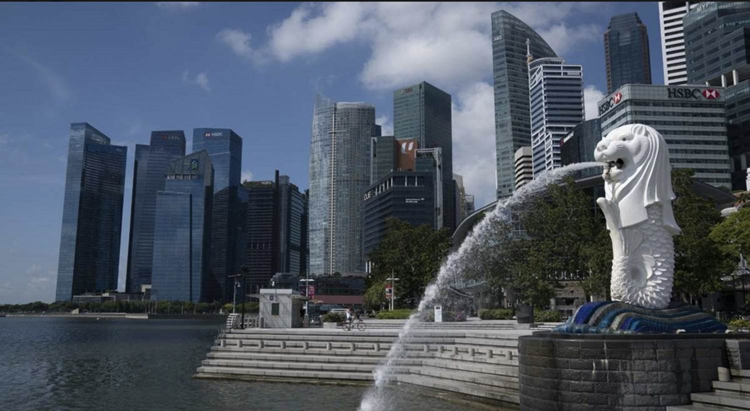Singapore Tightens Crypto Regulations: Firms Must “Thread the Needle” to Stay Open

The June 30 deadline marks a significant turning point in Singapore’s approach to the crypto industry. Under new regulations issued by the Monetary Authority of Singapore (MAS), all companies providing digital asset services, including those serving only foreign customers, are required to obtain a formal operating license. There are no exceptions, no extensions.
The move closes a long-standing loophole where many exchanges and digital asset platforms operate from Singapore without oversight if they do not serve local residents. MAS stressed that the new regulations are not intended to stifle the industry, but rather to protect the integrity of the regulatory framework and raise supervisory standards amid a global crackdown on digital assets.
The new law, which came into effect through the Financial Services and Markets Act, requires businesses to implement anti-money laundering measures, maintain local compliance teams, and ensure cybersecurity standards. Violators could face fines of up to $185,000 and risk criminal prosecution.
Many crypto businesses, especially smaller ones, have been forced to close for failing to meet the strict requirements in a timely manner. Meanwhile, some big names such as Bitget and Bybit are considering moving operations to more policy-friendly hubs such as Dubai or Hong Kong, two jurisdictions that have publicly positioned themselves as attractive destinations for blockchain and digital asset companies with clear but flexible regulatory frameworks.
Industry experts say Singapore’s move is not simply a tightening of regulation, but reflects the country’s unique appetite for supervisory risk. According to Chengyi Ong, Asia Pacific representative at Chainalysis, the new regulation demonstrates the government’s desire to maintain Singapore’s international reputation as a reputable financial center, even if it means losing some of the market to competing regions.
Calvin Shen, chief commercial officer at Hex Trust, said that Singapore’s model sends a clear message: Licensing is not just a formality but a genuine commitment to transparent and sustainable operations. The requirement for on-site presence, responsible governance, and strict controls means that Singapore is setting a new standard for global crypto regulation.
While the new regulation may create short-term pressure on blockchain companies, many experts say it is a necessary step to create a healthy, well-regulated, and sustainable industry in the long term. The “needle” that Singapore is trying to strike is an effort to balance business development and risk management, a problem that many other countries in the region will sooner or later face.
